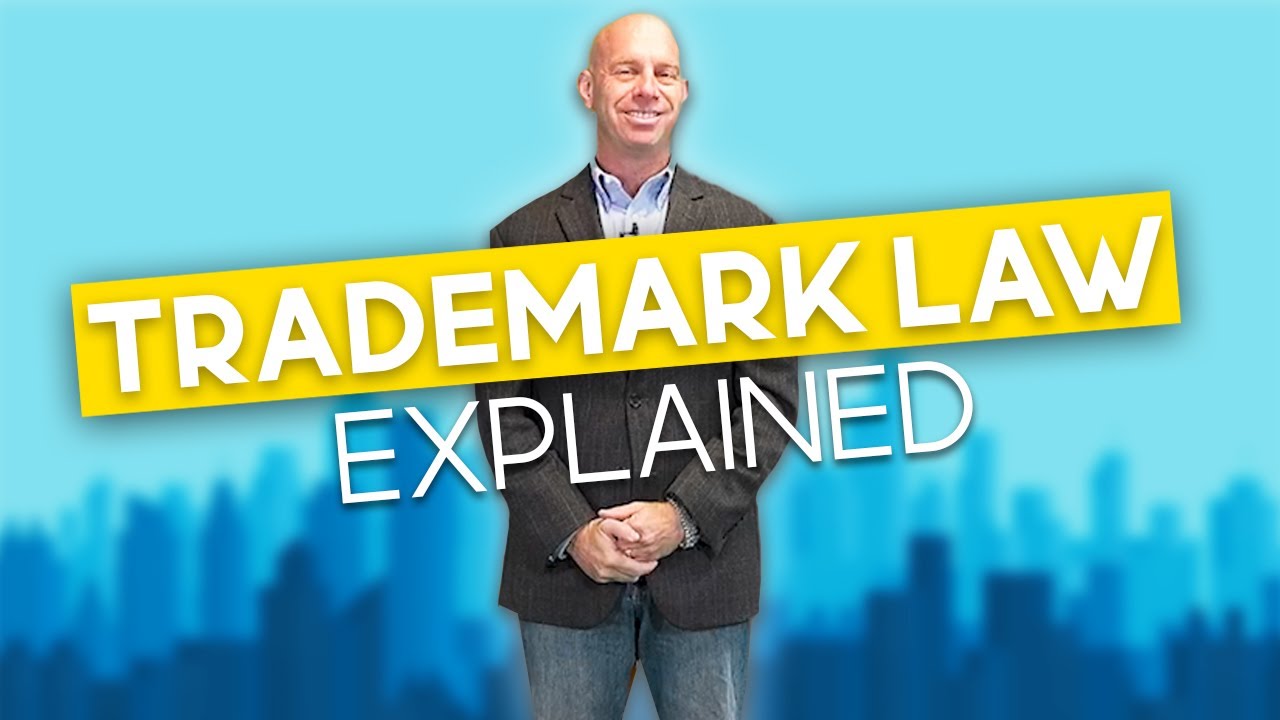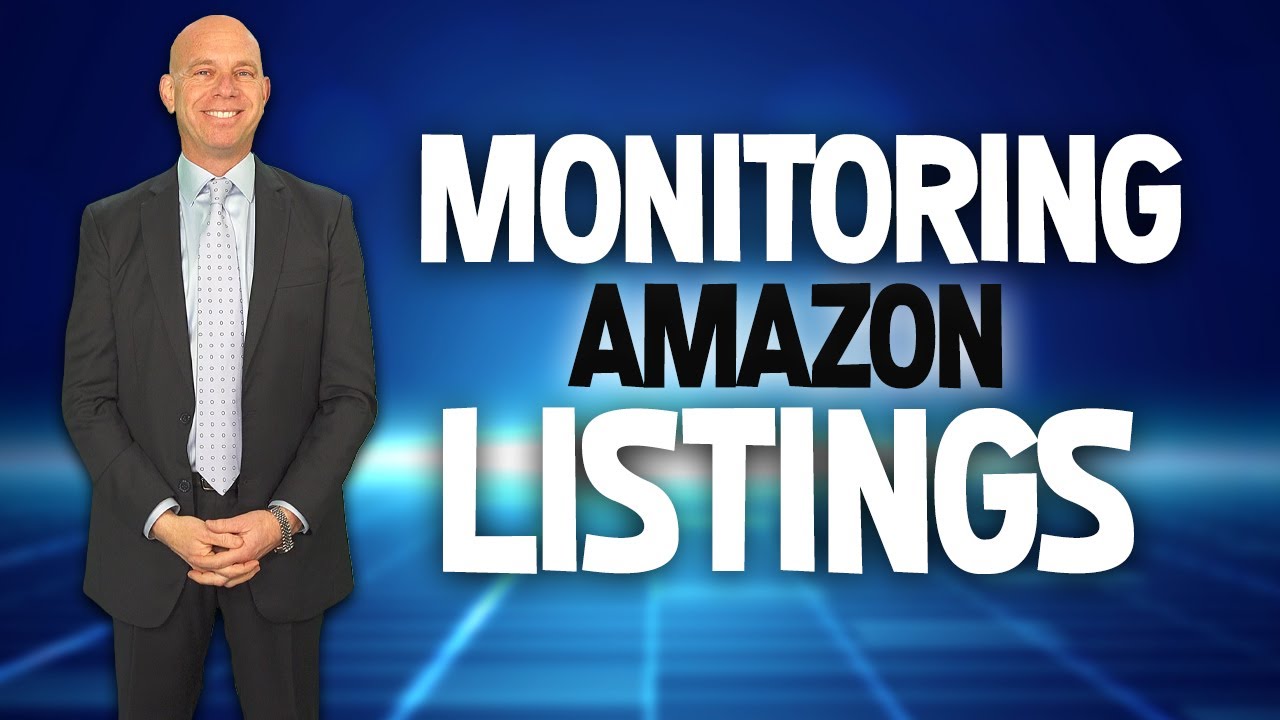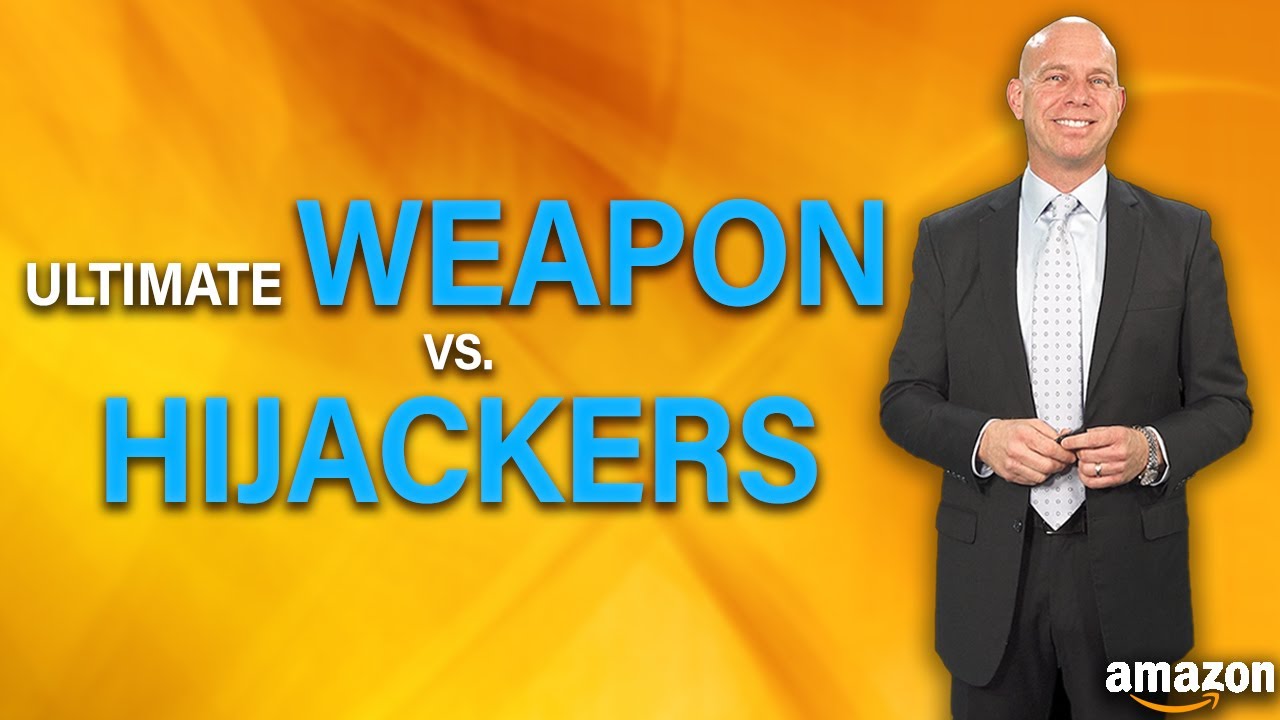
As per eBay’s intellectual property policy on its website:
“[eBay] take(s) protecting intellectual property rights and maintaining a safe environment for our buyers and sellers, very seriously. As such, certain types of items, such as bootleg recordings, are not allowed on eBay, and others, such as celebrity autographs, have a range of restrictions around how they can be sold.” [1]
EBay’s User Agreement lists notice for claims of intellectual property violations and copyright infringement pursuant to §512© of Title 17 of the United States Code as cause for investigation. According to the User Agreement, eBay responds to notices of alleged infringement under the United States Digital Millennium Act.
To provide further support in this area, eBay’s Verified Rights Owner (VeRO) program works to ensure that listed items and content on their site or in their apps do not infringe upon the copyright, trademark, or certain other intellectual property rights of third parties.
eBay’s Guidelines on Intellectual Property Law
EBay provides a list of items on its website that are restricted or prohibited because they may infringe on intellectual property or other proprietary rights of third parties.
The following items are listed as restricted on the company’s website:
“Academic, beta and OEM software; celebrity material, including autographed items & faces, names and signatures; media, including digitally delivered goods, movie prints, promotional items and recordable media.” [2]
Regarding, “Faces, names and signatures,” eBay states:
“The sale of a person’s image, name, and signature are protected by law and can’t be listed on eBay unless the person in question has given their permission.” [3]
To illustrate this rule, eBay provides an example of a t-shirt with images of a well-known band being sold on its website:
“If the t-shirts are authorized by the band, then yes, [the seller] can list them on eBay. However, if the items are unofficial, they can’t be sold on [their] site without the band’s permission.” [4]
As this example demonstrates, eBay restricts the sale of products sold on its website, by permitting the sale of authorized goods and prohibiting the sale of unauthorized goods.
In addition, to the items that are restricted, eBay prohibits items, such as:
“Beta software; bootleg recordings; Items that may enable unauthorized copies, including: Hardware or software that would enable duplication of copy protected material, and modchips, game enhancers and boot disks; and Replicas, counterfeit items and unauthorized copies.” [5]
Upon clicking on the link to “Replicas, counterfeit items and unauthorized copies,” eBay tells sellers to “be sure [their] items aren’t replicas, counterfeits, or unauthorized copies.” [6]
eBay provides the following example of what a fake product is on its website:
“if a listing for a DVD of a popular TV series claims to be original, but is actually a pirated copy.” [7]
As this example shows, eBay prohibits the sale of some items, such as counterfeit products, on its website, entirely.
eBay’s VeRO Program: Reporting Listing Violations
eBay created the Verified Rights Owner (VeRO) program to allow intellectual property owners to report others who infringe on their intellectual property rights.
According to the programs guidelines, on its eBay’s website:
“If an item or listing infringes on [the rights owner’s] intellectual property right, [the right’s owner] can report the listing by submitting a notice of claimed infringement.” [8]
Once the report is processed eBay will provide the rights owner with more information on how to submit additional reports through the VeRO reporting tool.
Although eBay only allows property rights owners to file reports of claimed infringement, non-property rights owners can contact the rights owner and encourage them to report an infringement to eBay.
Some rights owners have created a participant page, so you can find out more information about their products and legal positions.
eBay’s website lists some examples of information that can added to a VeRO participant profile:
“For example you can provide information about, a list of your intellectual property, including brands, trademarks and copyrights, the potential consequences of infringing on a company’s IP rights, the conditions under which products bearing your IP may be sold, how to contact you with questions or concerns and other frequently asked questions.” [9]
This information allows non-property rights owners to spot infringement and further supports eBay’s product monitoring efforts.
Infringement Reports & DMCA Counter Notices:
eBay places the onus of reversing inaccurate reports of infringement on sellers. If a seller believes his or her listing was removed in error, he or she should contact the rights owner directly. If the rights owner has made a mistake, they should email eBay to retract their report.

Sellers who believe they received a copyright infringement notice under the DMCA because of a mistake or misidentification, are directed to submit a counter notice. eBay only accepts counter notices in response to notices of copyright infringement in compliance with the Digital Millennium Copyright Act. If the counter notice has all the information required of a valid counter notice required by the DMCA, eBay then contacts the VeRO participant and informs them that the listings will be reinstated after 10 days if the participant does not inform eBay they have filed an action seeking a court order to restrain the seller from listing the items. Counter notices may be filed by contacting eBay through their website.
eBay’s Intellectual Property Policy Conclusion:
eBay takes maintaining a safe environment for buyers and sellers seriously. As such, eBay has the verified rights (VeRO) program and the VeRO reporting tool to allow rights owners to file reports of claimed infringement and non-rights owners to contact the rights owner to report a claim as well.
A band considering selling merchandise on eBay should seek to comply with eBay’s intellectual property policy to avoid receiving notices of infringement and to keep their selling privileges active.
Should a seller receive a notice of infringement from eBay, he/she should contact the rights owner directly and request they email eBay to retract the complaint. If the seller receives a notice for copyright infringement the seller may be able to have the listing reinstated by submitting a DMCA counter.
[1] Intellectual Property and the VeRO Program, https://www.ebay.com/help/policies/listing-policies/selling-policies/intellectual-property-vero-program?id=4349#section2
[2] Intellectual Property and the VeRO Program, supra note 1.
[3] Faces, names, and signatures policy, https://www.ebay.com/help/policies/prohibited-restricted-items/faces-names-signatures-policy?id=4291.
[4] Faces, names and signatures, supra note 2.
[5] Intellectual property and the VeRO program, supra note 1.
[6] Replicas, counterfeit items, and unauthorized copies policy, https://www.ebay.com/help/policies/prohibited-restricted-items/replicas-counterfeit-items-unauthorized-copies-policy?id=4276.
[7] Replicas, counterfeit items, and unauthorized copies policy,supra note 5.
[8] Intellectual property and the VeRO program, supra note 1.
[9] VeRO participant profiles, https://pages.ebay.com/seller-center/listing-and-marketing/verified-rights-owner-program.html#m17-1-tb3.








